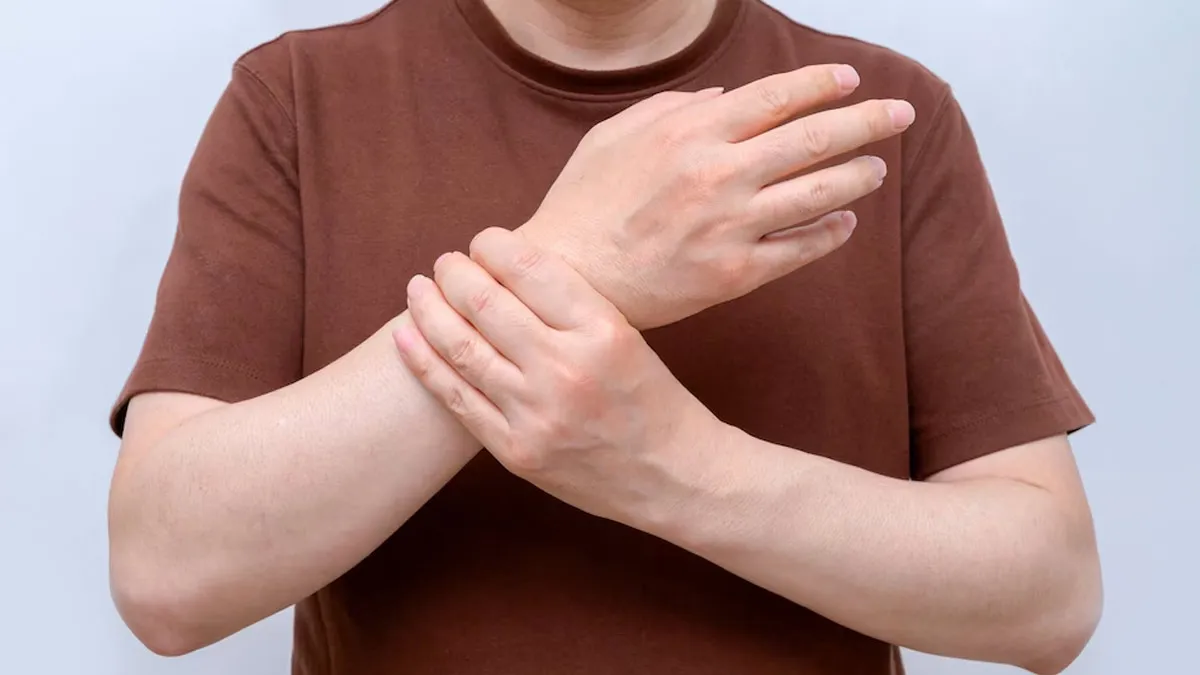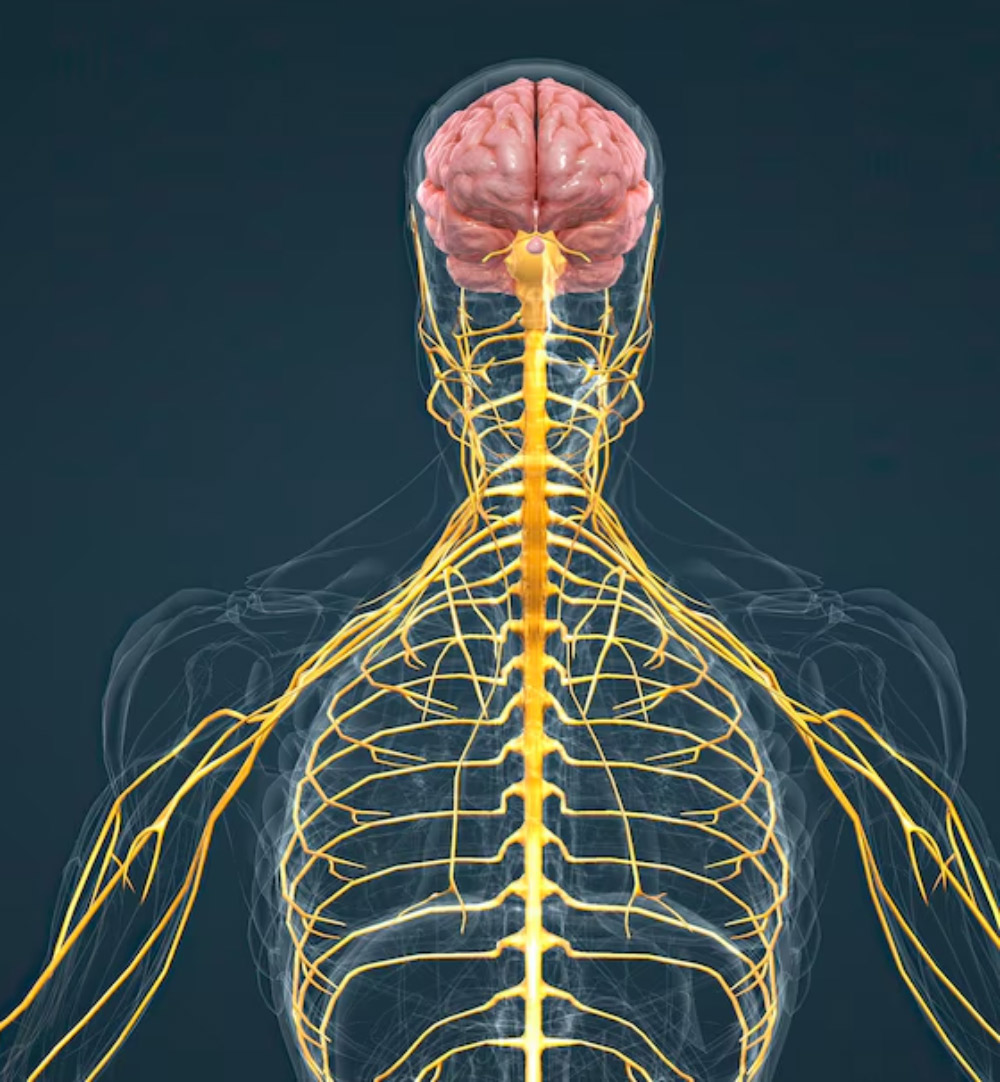
Pune has recently seen a concerning rise in Guillain-Barré Syndrome (GBS) cases, with 59 reported cases in the city. GBS is a rare neurological disorder in which the body’s immune system mistakenly attacks the peripheral nerves, leading to weakness, numbness, and, in severe cases, paralysis. Though the exact cause remains unclear, GBS is often triggered by infections and requires timely medical intervention. With its potential to cause life-threatening complications, understanding the symptoms and available treatment options is crucial for early diagnosis and better outcomes.
To understand more about this disease, OnlyMyHealth team interacted with Dr Girish Date, Consultant – Critical Care at Sahyadri Super Speciality Hospitals, Deccan Gymkhana, Pune. Dr Date highlighted the growing concern. He stated, “Based on the observation, it's the season for GBS cases, and our hospital has observed a notable increase in these cases. In the last month alone, Sahyadri Hospitals has treated seven patients diagnosed with GBS.”
Adding further, Dr Date said, “Currently, four patients are admitted under our care, with two receiving immunoglobulin treatment and the other two being closely monitored. Some of the patients admitted to the Sahyadri Hospitals have presented with severe symptoms. Following the regulations, we have sent information about these patients to the PMC.”
What Is Guillain-Barre Syndrome (GBS)?

According to the National Institute of Neurological Disorders and Stroke, GBS is an autoimmune disorder where the body’s immune system mistakenly attacks the peripheral nervous system, which consists of the nerves that connect the brain and spinal cord to the rest of the body. This attack leads to inflammation and can result in muscle weakness, numbness, and even paralysis. The exact cause of GBS remains unknown, but it is often preceded by infections, including viral or bacterial illnesses, respiratory infections, or gastrointestinal infections such as Campylobacter jejuni, a common cause of food poisoning.
Although GBS can affect individuals of all ages, it is more commonly seen in adults and older people. The disorder can progress rapidly and, in severe cases, affect breathing, necessitating intensive medical intervention.
Also read: Guillain-Barre Syndrome; Symptoms, Causes, Diagnosis, Treatment, Prognosis & More
Symptoms and Causes of GBS
According to the World Health Organization (WHO), the symptoms of GBS typically begin with weakness or tingling sensations, usually starting in the legs and spreading to the arms and face. Some of the key symptoms include:

- Weakness or tingling in the legs, which may spread to the upper body.
- Difficulty with coordination and balance.
- Muscle pain and cramping.
- In severe cases, paralysis of the legs, arms, or facial muscles.
- Breathing difficulties if the chest muscles are affected.
- Problems with speech and swallowing.
In approximately one-third of people with GBS, the chest muscles are involved, making it difficult to breathe, which can be life-threatening. Immediate medical attention and intensive care are often required in such cases.
When asked about the symptoms, Dr Date said, “Although GBS is not contagious, we urge anyone experiencing symptoms like fever, loose motions, followed by muscle weakness, to seek medical attention.”
GBS is often linked to viral and bacterial infections, surgery, or vaccinations, although the connection is not fully understood. In some instances, it has been reported following respiratory or gastrointestinal infections, making it crucial to monitor symptoms post-illness.
Also read: Human Metapneumovirus (HMPV) China: Know Its Causes, Symptoms And Its Treatment
Conclusion
The recent surge in GBS cases in Pune has raised concerns among healthcare professionals. While the condition is not contagious, early detection and prompt medical intervention are crucial to prevent severe complications. Experts advise individuals experiencing symptoms such as fever, diarrhoea, followed by muscle weakness, to seek medical care immediately.
As Dr Girish Date emphasised, “Although GBS is not contagious, we urge anyone experiencing symptoms like fever, loose motions, followed by muscle weakness, to seek medical attention.”
Also watch this video
How we keep this article up to date:
We work with experts and keep a close eye on the latest in health and wellness. Whenever there is a new research or helpful information, we update our articles with accurate and useful advice.
Current Version
